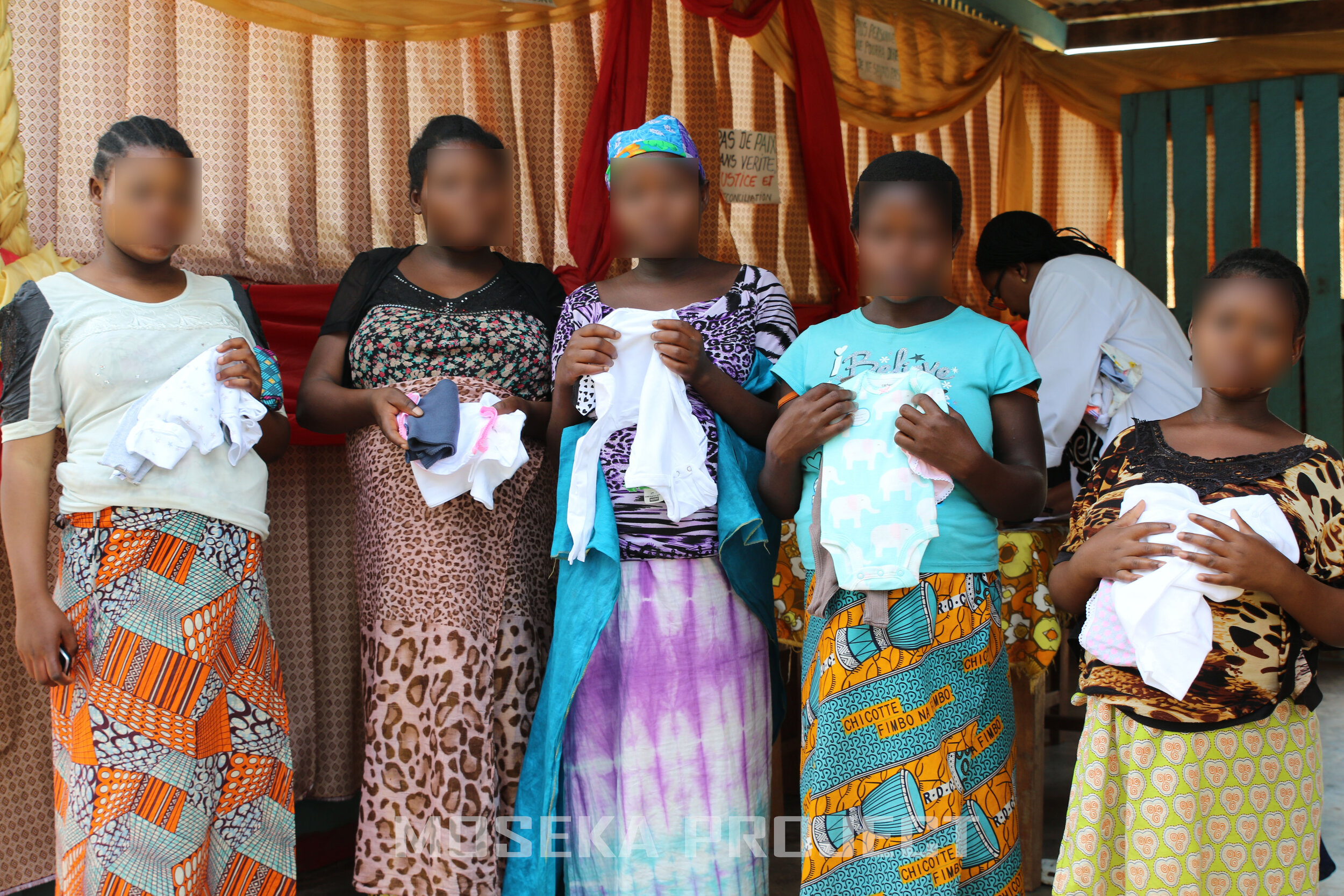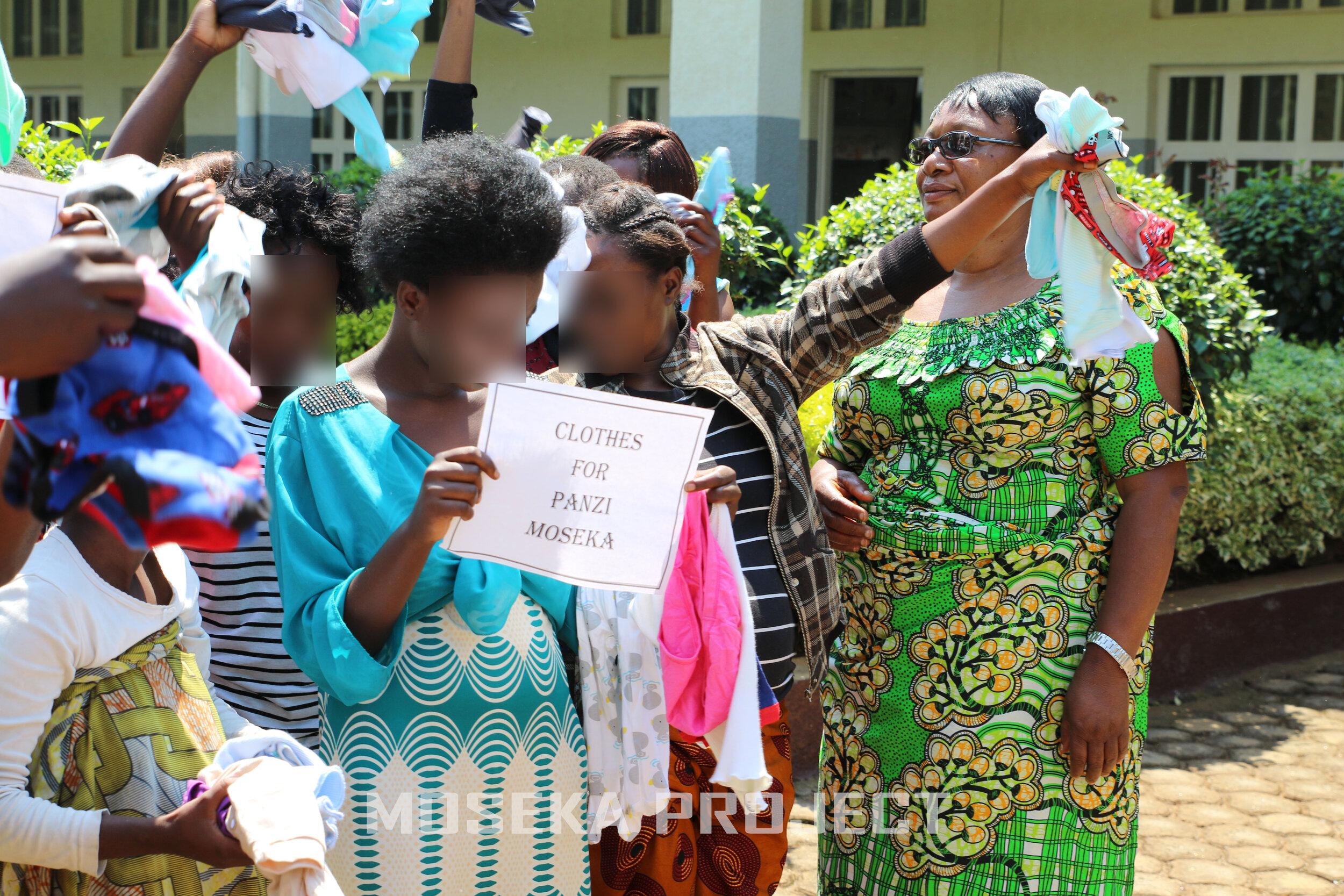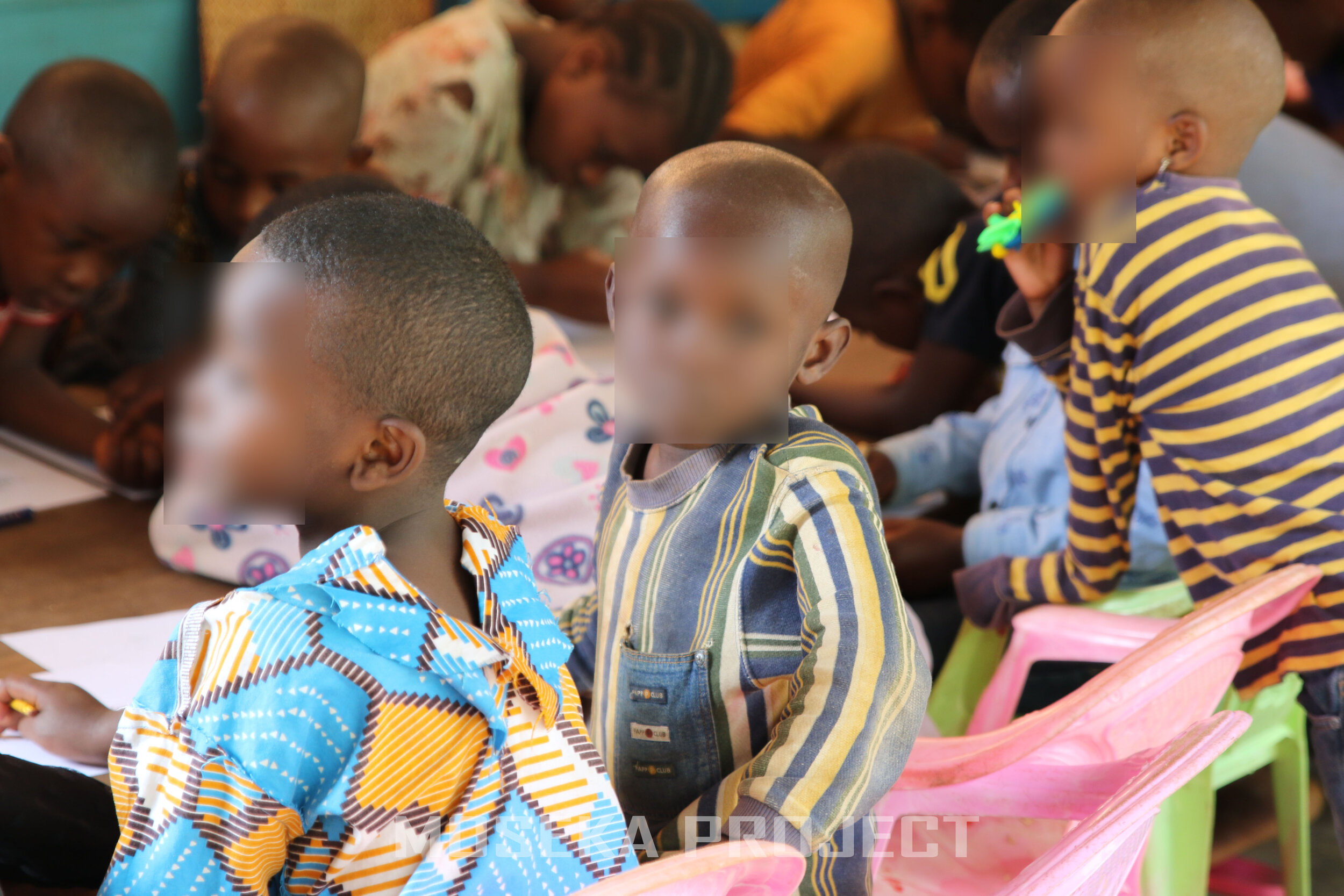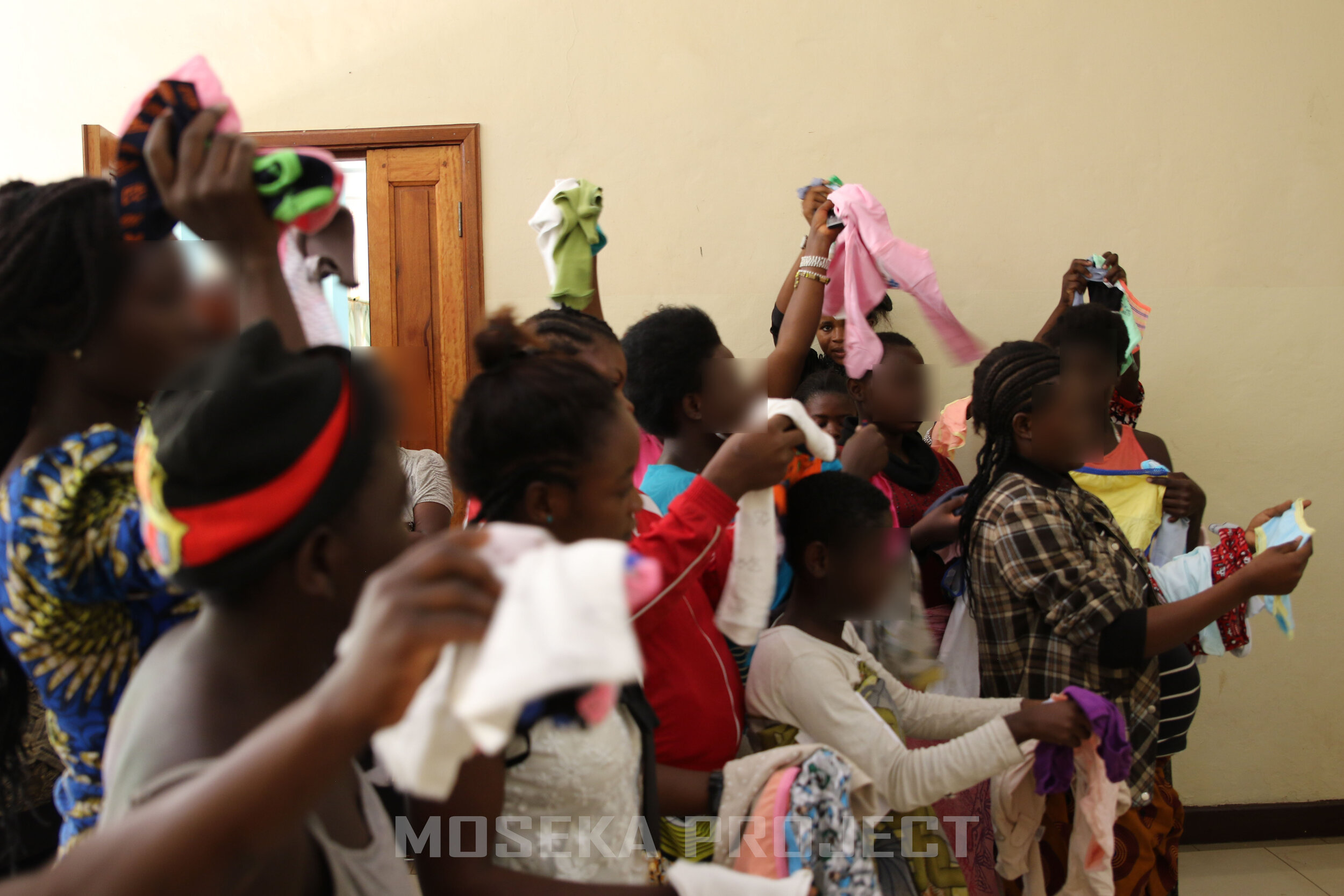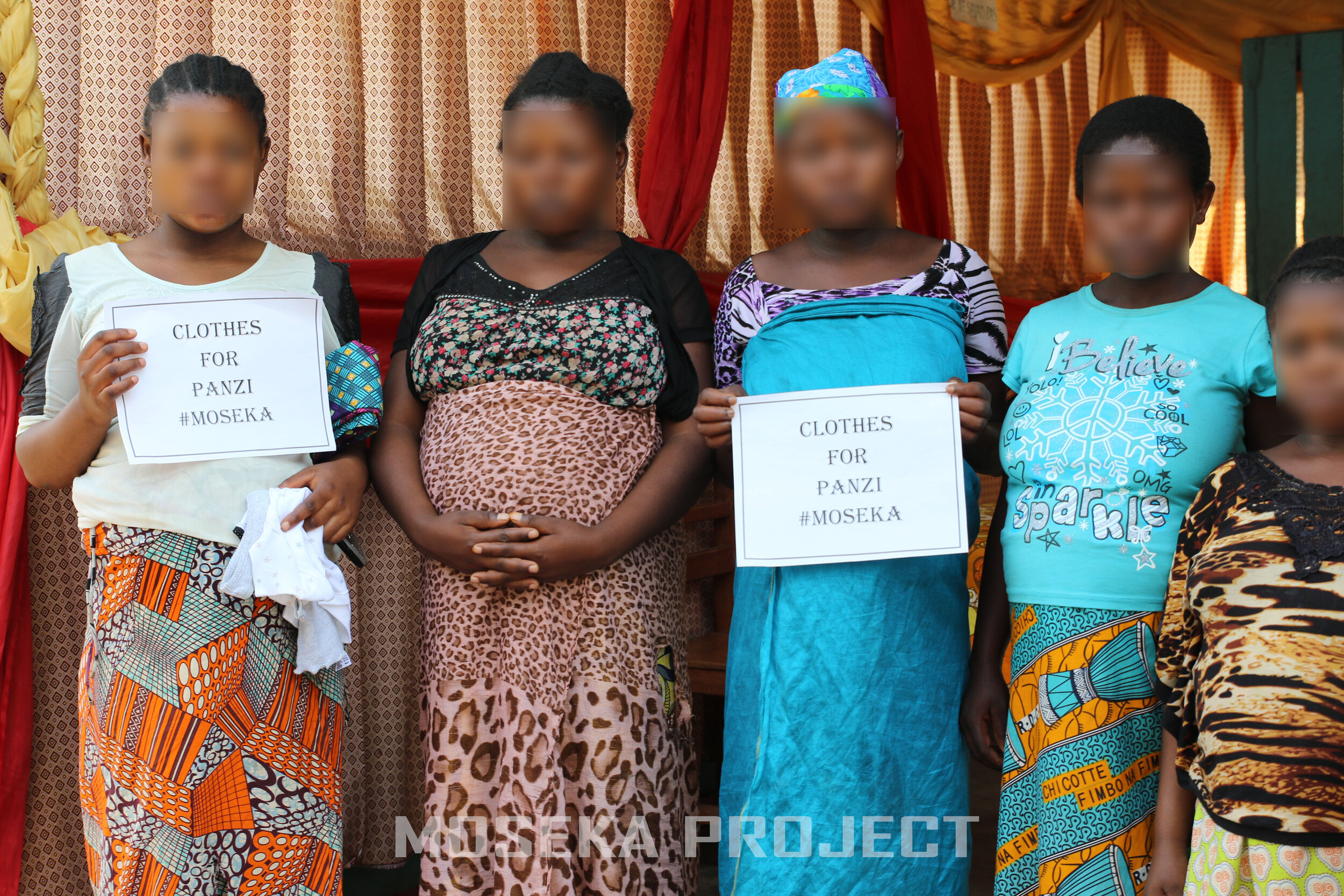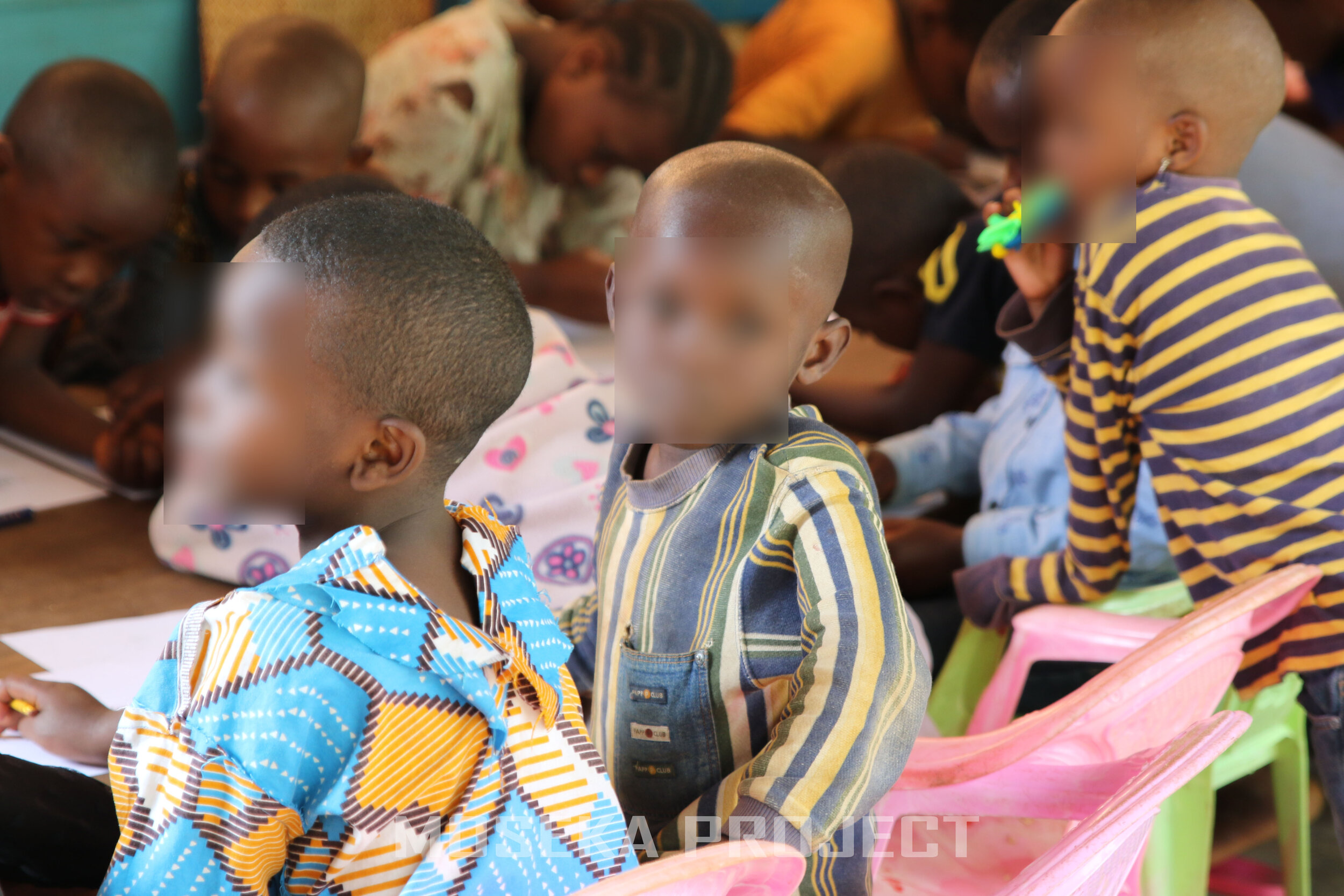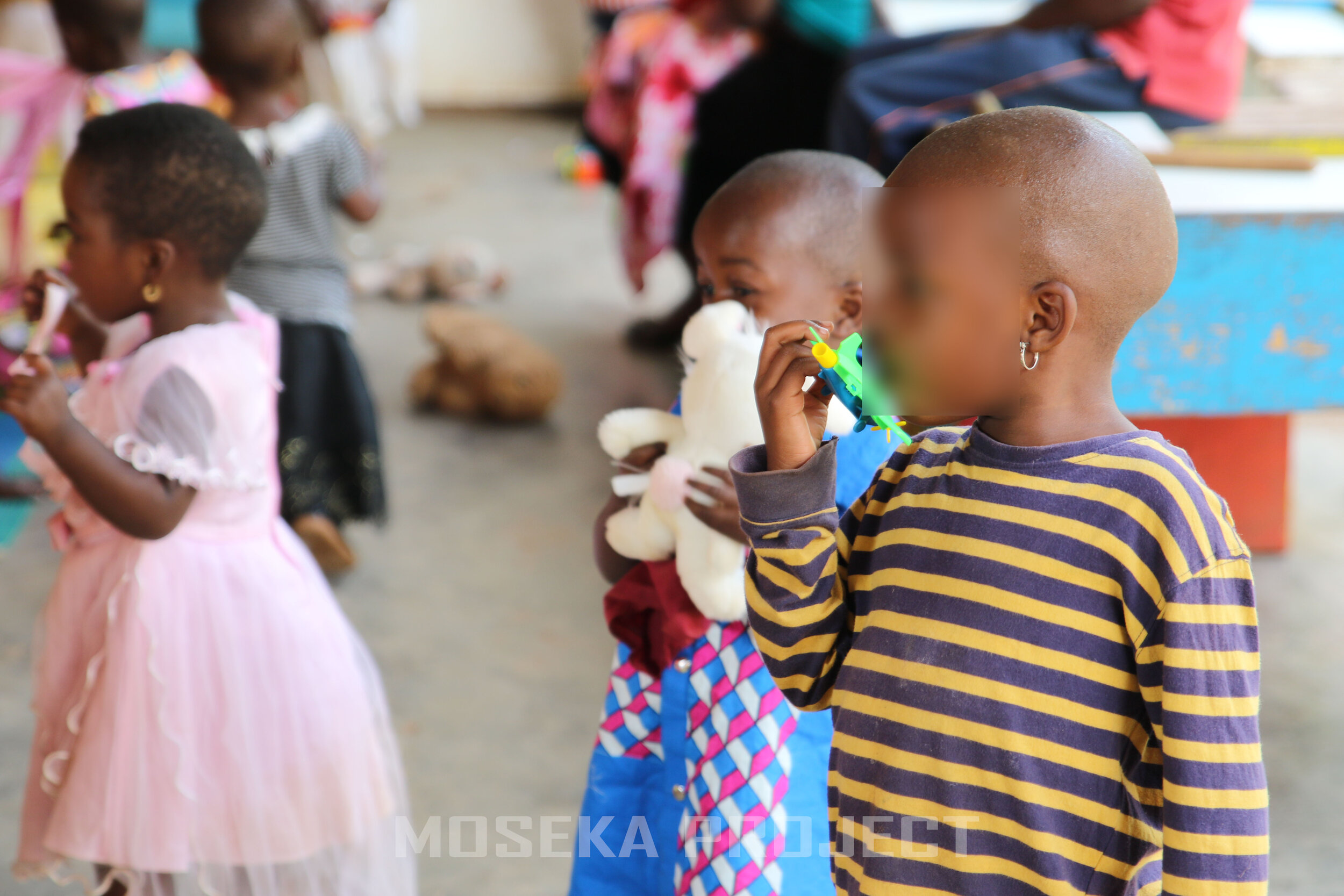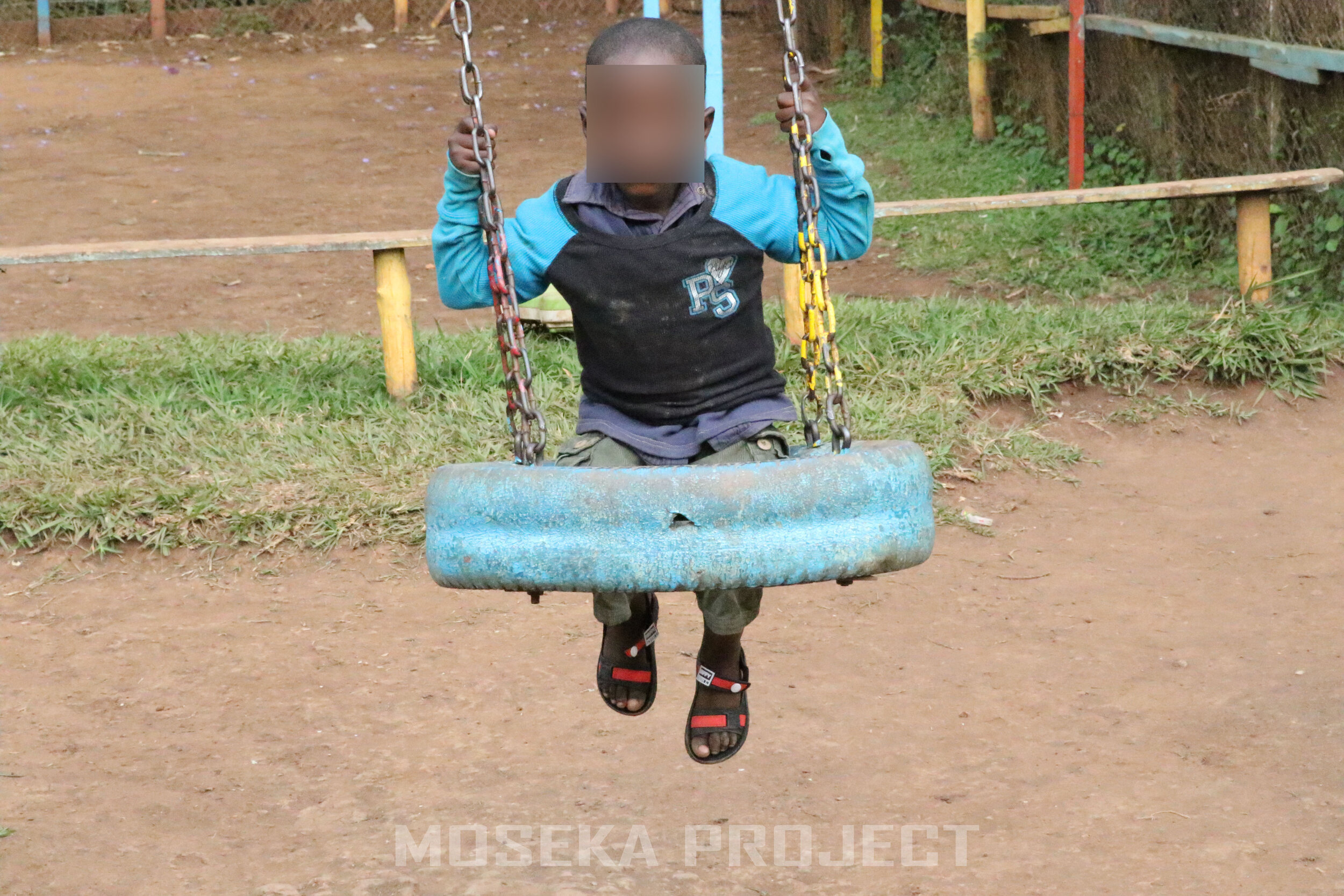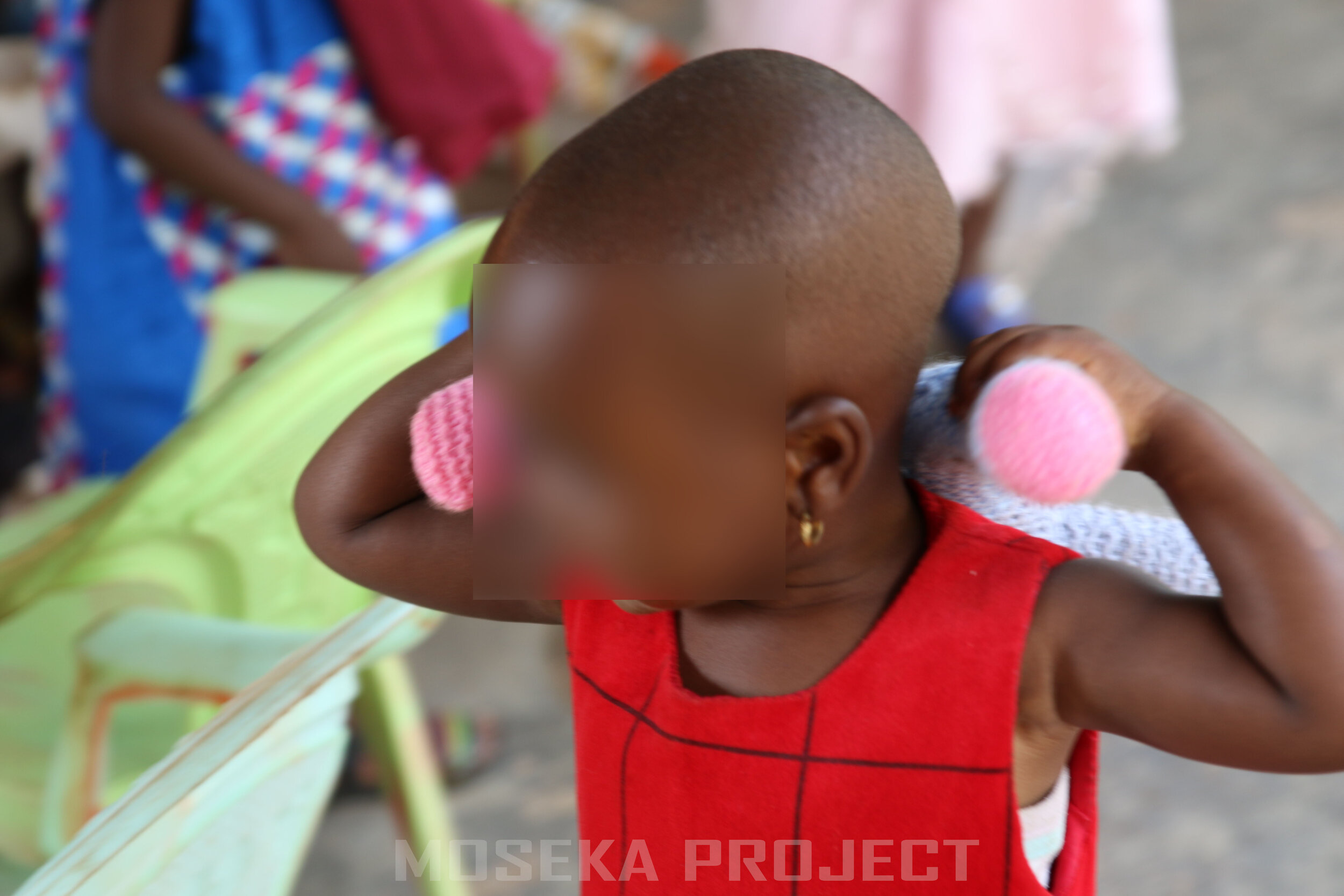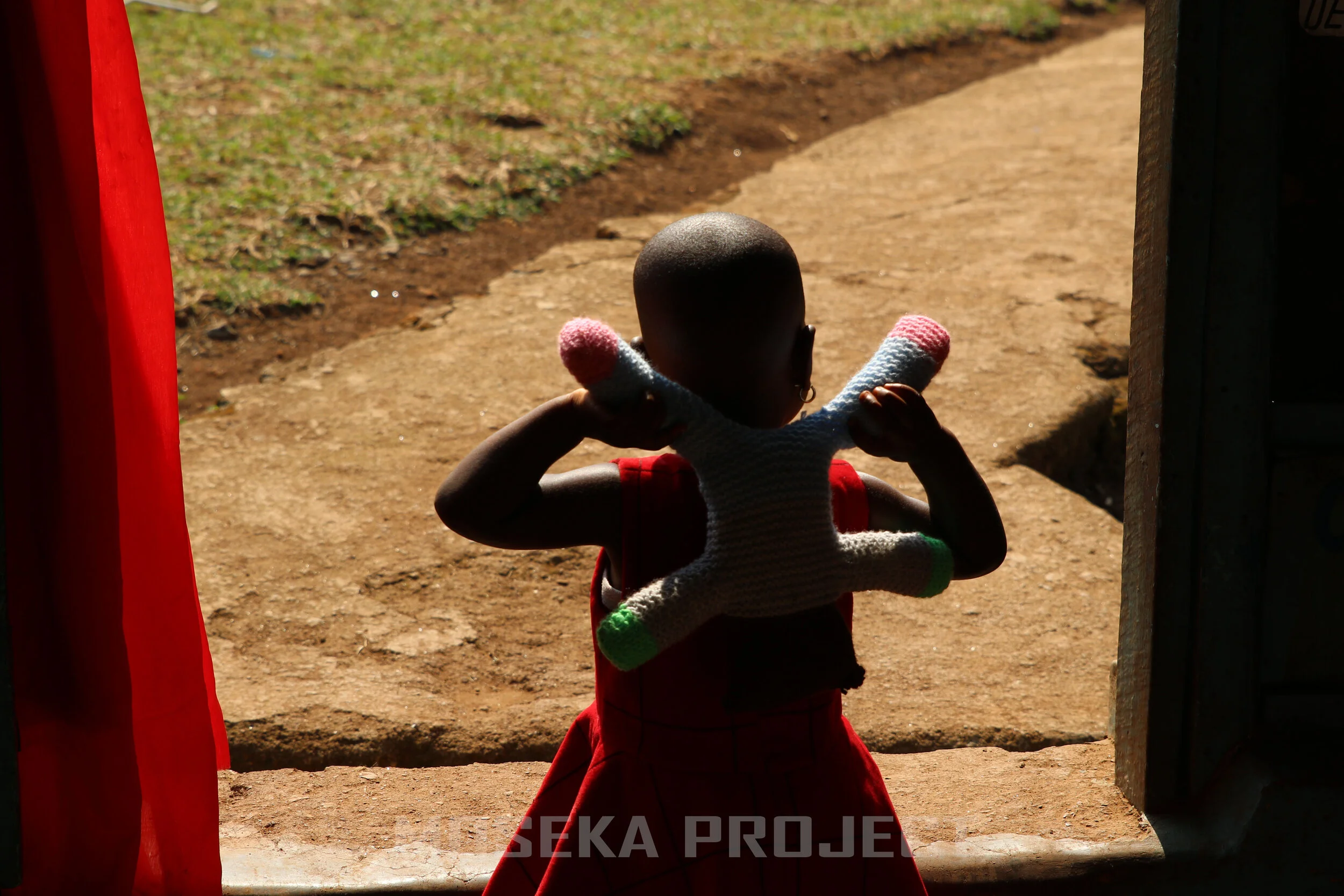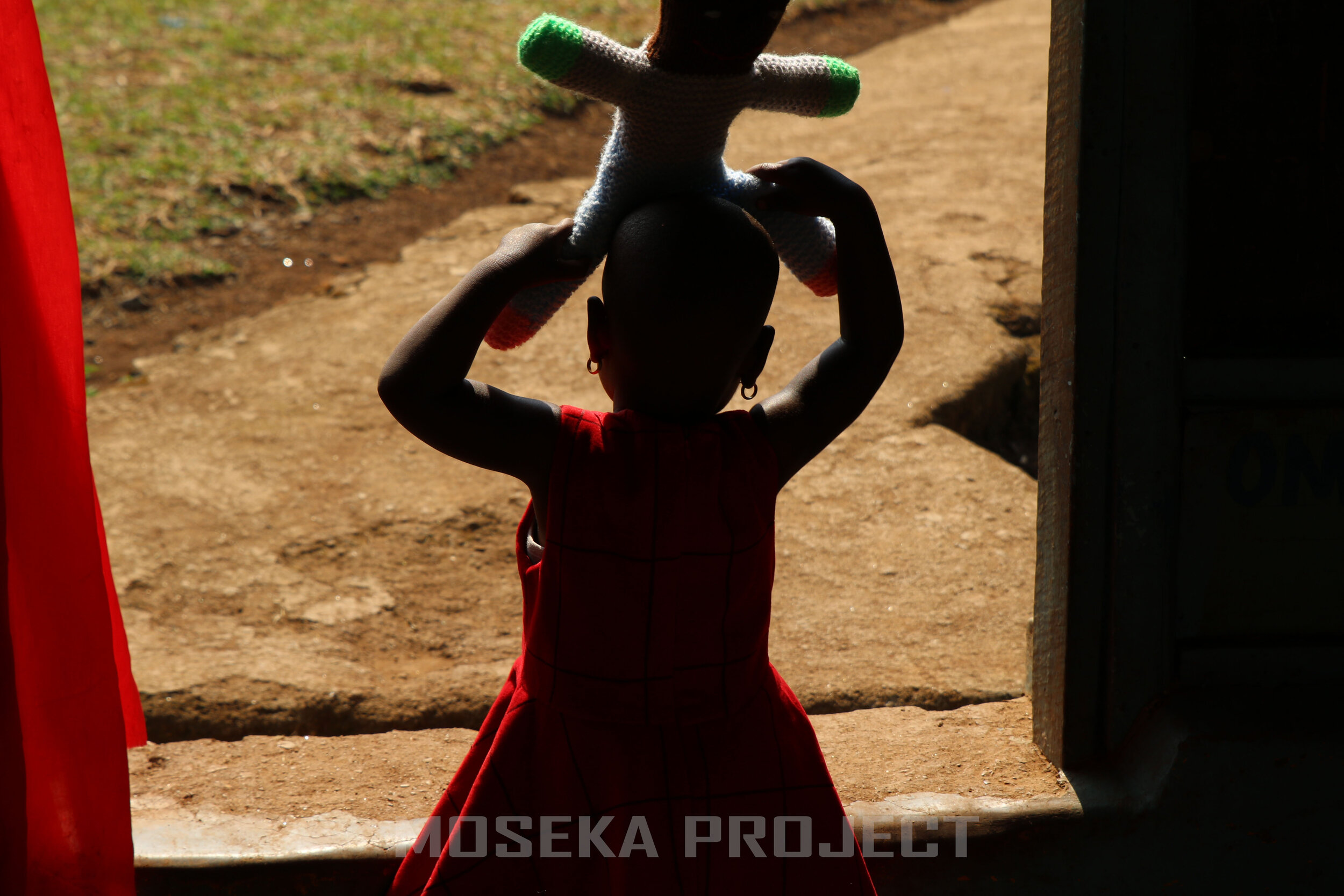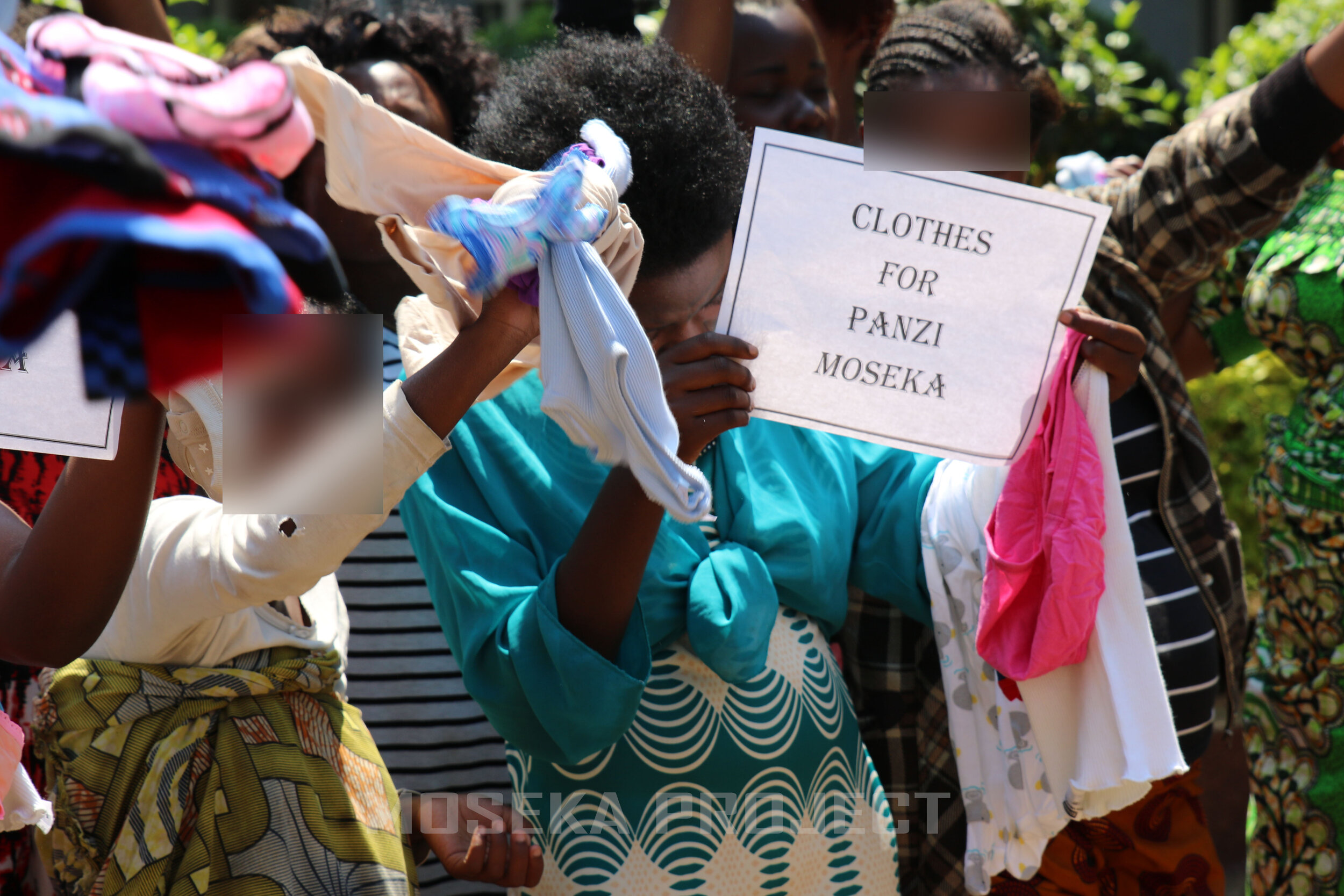Clothes for Panzi
The Democratic Republic of Congo is ranked among African countries as the most affected by armed conflict. Since the 1960s, the country experienced many wars and conflicts among them: the Mulele War in 1966, FDLR, FNAL, RAIYA MUTOMBOKI, M23, just to name a few.
These wars negatively effect human rights’ violations, sexual violence and abuse of women. Rape and sexual violence are used as weapons of war. Female gentialia are mutilated with sharp objects or destroyed by inserting burnt hot rubber, salt or caustic soda into the vagina. Oil or gas are spilled on the genital parts before setting it on fire. Abortions are committed with bare hands. Boys are forced with a gun to their head to rape their mother and sisters. These are barbaric acts that are perpetrated against women, girls, infants and even men in villages.
Congolese Women and girls are raped every month, particularly in the provinces of South and North Kivu. For twenty years, death and horror have been common in these parts of the country. Twenty years of massacres and rapes have resulted in six million deaths, while nearly displacing two million people. Hundreds of thousands of women and girls are raped, with many orphaned, while other children are forced to be soldiers. So many lives are destroyed. Society is traumatized and sick of war and violence, corruption and impunity, manipulation and lies. These millions of victims whose lives were shattered, families decimated, and female bodies destroyed forever, often struggling to cope, to reintegrate into society. Sexual violence against women and girls in eastern DRC has major impacts physically, psychologically and socio-economically. Womens’ rights are violated and no longer have worth in this part of the world. Teenage girls often find themselves not only being raped, but also bearing a child from their rape. This results in a women and her child being rejected by relatives and the entire community. There is no future for these women or their children when they have no source of income and no education.
Moseka Action Project has been assisting the children of Panzi and other orphanages for 2 years. Children ages 0 to 17, are given clothes though Clothes for Panzi, which is an annual campaign of charity focusing on these groups of women and children.
During 2019, the Moseka team has raised awareness for donation of clothing for the children of Panzi, who are the offspring of rape. Thanks to these gifts, these children who have no fathers or family besides their mothers, find joy of knowing that they are not reject by everyone, and that there is still people who love and care about them
On July 16, 2019, as every year, we distributed clothing donations to 44 women and adolescents. Some are still pregnant and others are already mothers. Of these survivors 5 were still pregnant, 2 had just given birth (one from a girl and the other from a boy) and 34 who already had their babies (the youngest was one week and the oldest was 8 years old). The atmosphere that day was filled with joy!
All victims are sheltered at the Dorcas House in Fondation Panzi DRC and spend a few months there for emotional and physical support administrated by therapy sessions involving karate, dance therapy, music therapy, sessions with psycho-social workers, medical checks, etc. The 44 women that Moseka served this year are new at Maison Dorcas and have replaced the others who did finish their program and therefore were reinserted into the community after receiving all the necessary care. The demand is much higher and increases daily, so victims cannot do 2 years or more and there are not enough places for them. Dorcas being a transit house, ensuring a recovery before returning to society. When they come home, it is with their children who will no longer be cared for; and so, they won't know school. Others abandon their children, who will now have to stay at home Dorcas and are called "children of Mukwege" or so far there is not a program to ensure their schooling.
In the morning, the 2018 Nobel peace prize Laureate Dr. Denis Mukwege, received the Moseka DRC team for an interview. He presented the urgency and importance of caring for these children who have been raped, as well as their teenage mothers who had to drop out of school after rape.
The Moseka Children of Panzi fondation RDC, stay in the recreational park at Maison Dorcas throughout the day some of them of school age but because of lack of resources, they do not yet attend school. Dr Mukwege encourages Moseka and believe that it could make a difference in the schooling of these children.
The 2019 Clothes for Panzi campaign ended with an interview of three survivors, who gave their testimonies (rape, illness, therapy sessions, difficulties). Moseka, did also interview Ms. Zawadi, Maison Dorcas project manager. Since 2003, she has been caring for girls and says each of them is unique in her injuries, history, background and state of health. Several challenges are to be met, among other things, the lack of sufficient resources that can enable the completion of the entire school curriculum by the children, the abandonment of the children by their mothers, etc.
Then last but not least, Moseka Project interviewed Ms. Alice Lusambo Amina, who is in charge of dance therapy. Through dance, she manages to do wonders by helping survivors to accept and to get a new taste for life. A survivor in her testimony said how this dance helped him overcome the heaviness of depression; today she is already healed.
Made in Bukavu on July 25, 2019
Armande Mahabi
YOU CAN MAKE A DIFFERENCE BY SUPPORTING MOSEKA ACTION PROJECT, TO BRING A BRIGHT FUTURE TO THESE BROKEN LIVES.
